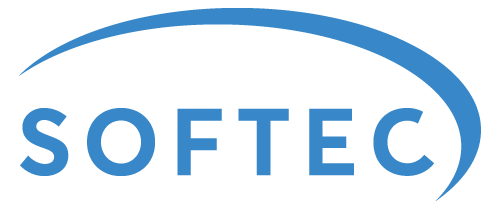In 2024, Softec is building a SIG network in Santa Maria and SLO, and you…
Local Tech
Co-Working Space Community Strategy
As businesses grow, they hit tipping points in their office size. A startup can start…
Shannon Stamey on Burnout
We are excited to have Shannon Stamey back for part 2 of our shame/burnout discussion…
Shannon Stamey on Shame and Shame Culture
We are excited to have Shannon Stamey as our special guest on this month’s WIT…
Kellie Phillips on Successfully Managing Money as a Woman in Tech
We are excited to have Kellie Phillips as our special guest on this month’s WIT…
Dr. Kristi Harter on Menstruation and Menopause in the Workplace
We are so excited to have Dr. Kristi Harter as our special guest on this…
Ashley Fry on Male Allies
We are so excited to have Ashley Fry as our special guest on this month’s…
2019 Women in Tech Update
Hello SLO WIT! It’s been a bit since we had a post up, so we’re…
Lori Jordan at our September 2018 Women in Tech Breakfast
We were so excited to have Lori Jordan as our special guest at this month’s…
Judy Mahan at our August 2018 Women in Tech Breakfast
We were so excited to have Judy Mahan was our special guest at this month’s…

